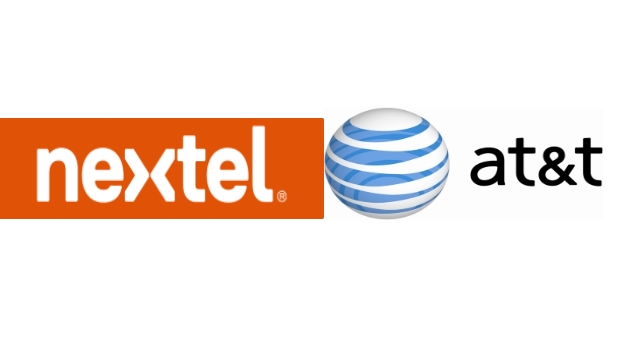 Not even two weeks after closing its purchase of Iusacell, and AT&T has announced the purchase of its second Mexican carrier in Nextel Mexico from the bankrupt NII Holdings. The purchase includes all of NII’s wireless properties in Mexico, including spectrum licenses, network assets, retail stores and approximately 3 million subscribers, while Nextel Mexico’s network covers approximately 76 million people in Mexico.
Not even two weeks after closing its purchase of Iusacell, and AT&T has announced the purchase of its second Mexican carrier in Nextel Mexico from the bankrupt NII Holdings. The purchase includes all of NII’s wireless properties in Mexico, including spectrum licenses, network assets, retail stores and approximately 3 million subscribers, while Nextel Mexico’s network covers approximately 76 million people in Mexico.
The purchase price of $1.875 billion excludes the net debt load held by NII Holdings and its thought that this purchase is meant to reinforce its AWS spectrum holdings in the country, as Nextel Mexico was the only carrier to deploy the AWS band in Mexico for 3G service, although that also made things more costly for the carrier in terms of device unit costs compared to its local competitors as well as its more expensive than normal plan costs. Nextel Mexico is thought to control 30 MHz of AWS spectrum nationwide, 25 MHz of 800 MHz spectrum and some iDEN/SMR spectrum.
The 3G UMTS transition wasn’t the path to success that was expected after Sprint shut down its iDEN network and forced NII to do the same starting in 2011, as since the transition NII Holdings had been a money-losing venture, not just in Mexico, but in the rest of its Latin American markets, owing to the loss of iDEN subscribers that depended on the push-to-talk service to keep in touch with family members in the US and other countries cheaply compared to other more conventional options.
With the loss of iDEN, NII Holdings struggled to make their 3G service appealing to local customers, even as NII conducted its own rollout of a much-improved version of QChat that fixed all of its initial shortcomings found in Sprint’s first two attempts to rollout the PTT solution. However, even with Motorola’s help in relaunching QChat PTT service as Prip for NII territories in 2012, the service failed to take off as over-the-top messaging programs and social network access took hold, with WhatsApp becoming more popular than PTT and SMS in Mexico to keep in touch with families across countries as a result of the vacuum left from the loss of iDEN service.